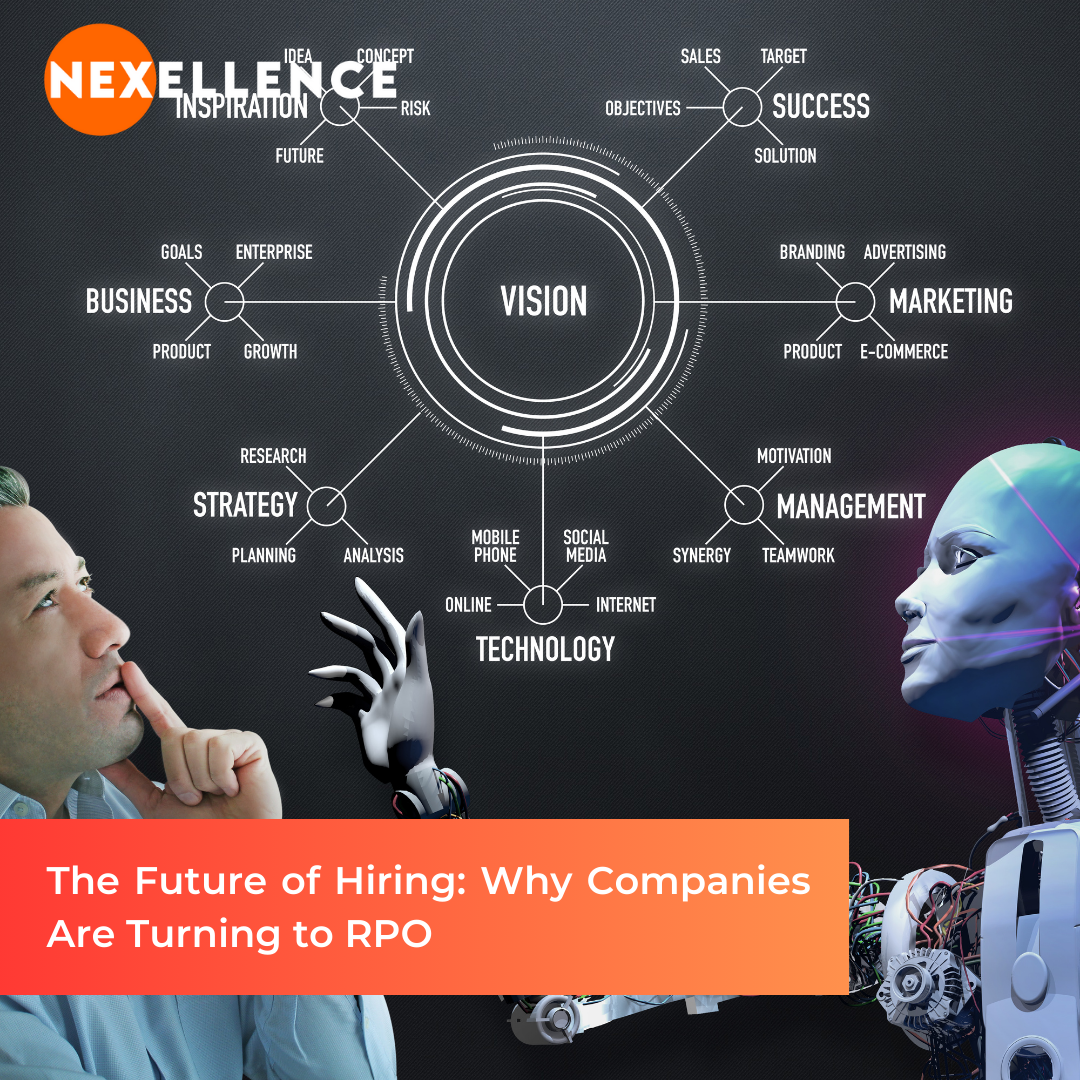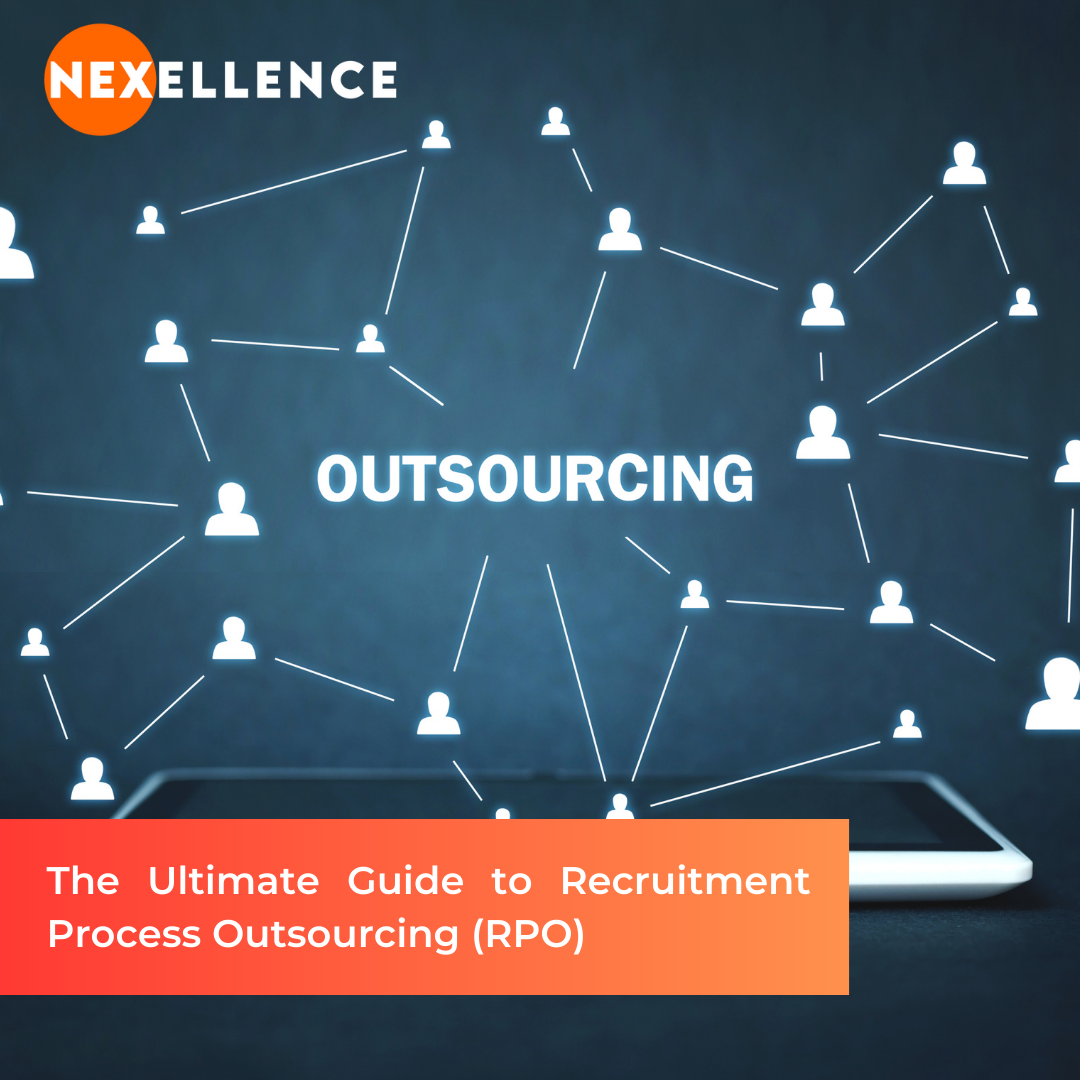In the competitive landscape of recruitment, employer branding plays a pivotal role in determining the success of recruitment agencies. A strong employer brand not only attracts top talent but also builds trust and credibility with clients. Here’s how employer branding impacts the success of recruitment agencies and strategies to enhance it.
1. Understanding Employer Branding
Definition
- Employer Branding: The process of promoting a company or organization as the employer of choice to a desired target group, which the company wants to recruit and retain.
Components of Employer Branding
- Value Proposition: The unique set of benefits that employees receive in return for the skills, capabilities, and experience they bring to a company.
- Company Culture: The environment and ethos within which employees work, including values, behaviors, and practices.
- Reputation: Public perception of the company as an employer, influenced by reviews, word-of-mouth, and media coverage.
2. Impact of Employer Branding on Recruitment Agencies
Attracting Top Talent
- Increased Applications: A strong employer brand attracts a higher number of qualified candidates, making it easier for recruitment agencies to fill positions with top-tier talent.
- Quality of Candidates: Candidates attracted to well-branded employers are often more aligned with the company’s values and culture, resulting in better job performance and satisfaction.
Building Trust with Clients
- Credibility: Recruitment agencies associated with strong employer brands are perceived as more credible and reliable, fostering trust with potential clients.
- Client Retention: Satisfied clients are more likely to maintain long-term relationships with recruitment agencies that consistently provide high-quality candidates.
Competitive Advantage
- Market Positioning: Agencies with strong employer branding stand out in the crowded recruitment market, attracting both clients and candidates.
- Premium Services: Strong employer brands can justify premium pricing for their recruitment services due to the perceived added value.
Reduced Time-to-Hire
- Efficient Recruitment Process: A strong employer brand leads to a larger talent pool, reducing the time and resources spent on sourcing candidates.
- Lower Turnover Rates: Candidates who resonate with the employer brand are more likely to stay longer, reducing turnover and the need for frequent hiring.
3. Strategies to Enhance Employer Branding
Develop a Clear Employer Value Proposition (EVP)
- Unique Selling Points: Identify and promote what makes the company unique as an employer, including benefits, career growth opportunities, and work-life balance.
- Consistent Messaging: Ensure that the EVP is consistently communicated across all recruitment materials, job postings, and social media platforms.
Leverage Social Media and Online Presence
- Engaging Content: Share engaging content that showcases the company culture, employee testimonials, and success stories on social media platforms.
- Interactive Campaigns: Use interactive campaigns, such as Q&A sessions, webinars, and virtual tours, to give potential candidates a glimpse of the work environment.
Enhance Candidate Experience
- Responsive Communication: Ensure timely and respectful communication with candidates throughout the recruitment process.
- Feedback Mechanisms: Implement feedback mechanisms to continuously improve the candidate experience and address any concerns.
Showcase Company Culture
- Authentic Stories: Share authentic stories and experiences from current employees to highlight the company culture and values.
- Visual Content: Use photos, videos, and other visual content to give candidates a realistic view of the workplace and team dynamics.
Collaborate with Marketing
- Unified Branding Efforts: Work closely with the marketing team to align employer branding efforts with overall branding and marketing strategies.
- Brand Ambassadors: Encourage employees to become brand ambassadors by sharing their positive experiences on social media and professional networks.
Monitor and Adapt
- Regular Reviews: Regularly review employer branding strategies and their impact on recruitment outcomes.
- Adapt to Feedback: Be open to feedback from candidates and clients to continuously refine and improve employer branding efforts.
4. Case Studies Highlighting Employer Branding Success
Case Study 1: Tech Startup
- Challenge: Attracting top tech talent in a competitive market.
- Strategy: Developed a strong EVP focused on innovation, career growth, and a collaborative culture. Leveraged social media and employee testimonials to showcase the work environment.
- Result: Increased applications by 50%, reduced time-to-hire by 30%, and improved overall candidate quality.
Case Study 2: Healthcare Provider
- Challenge: High turnover rates and difficulty in attracting specialized healthcare professionals.
- Strategy: Enhanced employer branding by highlighting comprehensive benefits, continuous learning opportunities, and a supportive work culture. Used visual content and authentic employee stories.
- Result: Reduced turnover rates by 20%, attracted higher-quality candidates, and improved employer reputation in the healthcare industry.
Conclusion
Employer branding significantly impacts the success of recruitment agencies by attracting top talent, building trust with clients, and providing a competitive edge in the market. By developing a clear EVP, leveraging social media, enhancing candidate experience, showcasing company culture, collaborating with marketing, and continuously monitoring and adapting strategies, recruitment agencies can strengthen their employer brand and drive long-term success.





